
The Village Climate Program or Program Iklim PROKLIM is a national initiative by Indonesia’s Ministry of Environment and Forestry, designed to support grassroots groups, especially those in rural and urban village communities. It encourages people to take an active role in adapting to and reducing the risks of climate change. This includes building resilience to increasingly common challenges like floods, droughts, rising temperatures, and reducing greenhouse gas emissions (GHGs). It’s a reminder that meaningful climate action doesn’t always start with big policies, it often begins with small steps in local neighborhoods.
YAKKUM Emergency Unit (YEU) has been walking alongside women’s groups to strengthen their resilience to climate change. The mentoring program run by YEU goes hand-in-hand with the government’s goals, focusing on empowering women while caring for the environment. One of these women-led groups is Migunani Farmer Group in neighbourhood unit 13, Suryatmajan, who has even been officially recognized as part of the national Climate Village Program (Program Iklim – PROKLIM).
In Suryatmajan Village, Danurejan District, Yogyakarta City specifically in neighbourhood unit 13, Migunani Farmers Group has reached PROKLIM’s Intermediate level. As an urban farming community, they’re registered in the National Climate Program (SRN PROKLIM) and have been active in various initiatives that connect directly to climate change adaptation; like running a waste bank and cultivating homegrown food. What’s inspiring is that this group is not only adapting to the changing climate, they’re finding ways to thrive through community-led solutions.
Getting to know Migunani Farmer Group and the Madumongso Action
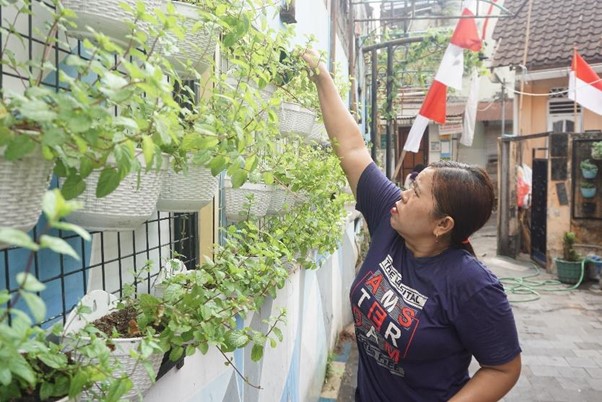
Syarifah Anggreini leads the Migunani Farmer Group with care and commitment. Along with the group members, mostly women from RT 13, she’s been deeply involved in community-based environmental activities through ancestral knowledge, including what they call the Madumongso program. In Javanese, Madumongso means “being ready for whatever may come.” It’s a fitting name for a program that encourages the community to prepare for climate risks by growing vegetables (like chili, bok choy, and water spinach) and herbs (turmeric, ginger, celery, galangal, aloe vera, and betel) in small urban spaces. Through this program, the community has at least contributed to reducing the negative impacts of climate change.
These gardens may seem simple, but they’re powerful, helping to green the neighborhood, cool the environment, and provide healthy food options. They’re also teaching children and young people about sustainability in a way that’s hands-on and rooted in everyday life.
Resik Migunani Waste Bank
The Migunani group doesn’t stop at urban farming, they’re also behind the Resik Migunani Waste Bank, led by Mrs. Ipong. Out of 125 households in their area, 94 have joined the program. The waste bank helps reduce the risk of flooding, especially important because this area lies along the Code River, while also minimizing disease spread and easing the burden on Yogyakarta’s overflowing landfill system, especially since Piyungan Landfill was closed to the public.
Residents bring their sorted inorganic waste, like paper, plastic, metal, and glass, twice a month. Everything gets weighed and recorded, and on average, they manage about 400–500 kg of waste every month. It’s not just about waste management, it’s about rethinking waste as something valuable, and building habits that are kinder to the planet. Most of the sorting happens at home, often by women, making this a quiet but powerful act of leadership from within households.
Spreading Awareness Through the Climate Village Program
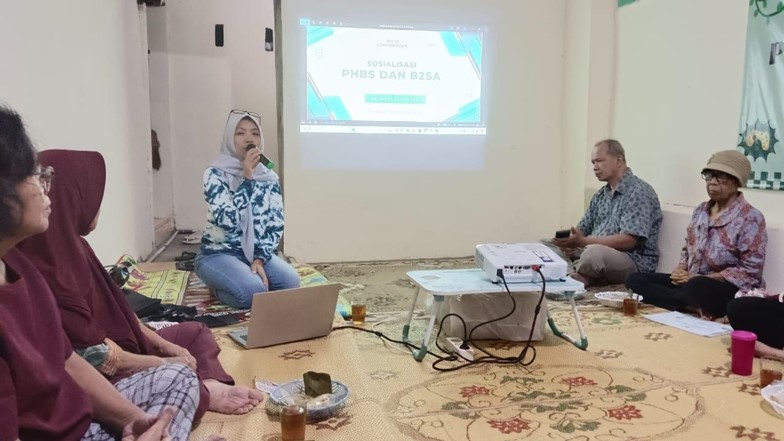
Beyond their daily routines, the Migunani group plays an active role in promoting the Climate Village Program to other community groups nearby, such as the Gempita and Suryatani waste banks. They help these groups get registered in the national system, which can open up access to recognition, learning, and even funding. It’s a great example of how community knowledge is shared, neighbor to neighbor, woman to woman.
The group also runs regular awareness activities like clean-up days and sessions on the “3M” approach: Draining, Covering, and Burying water containers to prevent mosquito-borne diseases. These are simple acts, but they’re rooted in a deeper commitment to living well together, healthy, clean, and connected to the environment.
----------------
Author: Devina Prima Kesumaningtyas - Information and Communication Staff
Editor: Jessica Novia - Project Manager
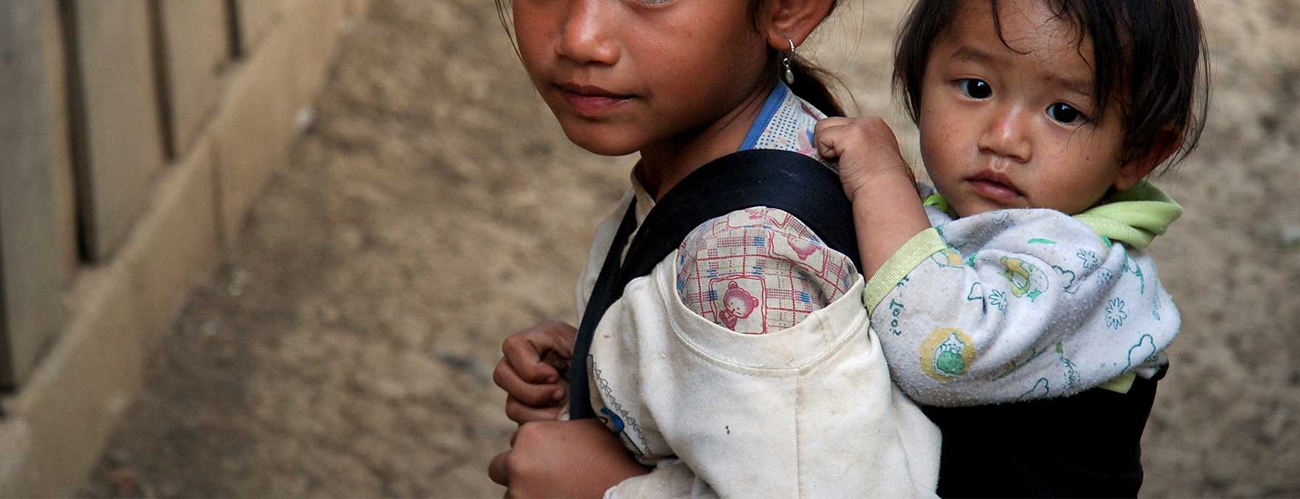
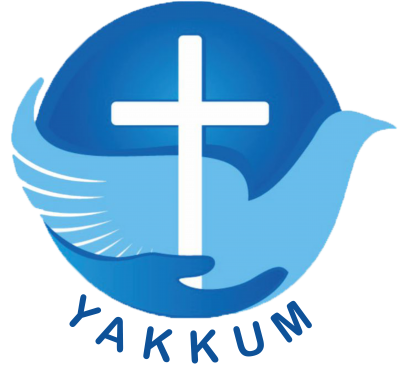
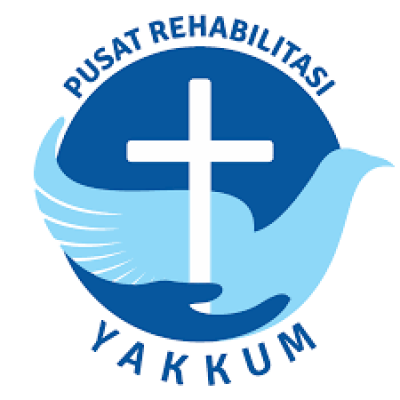

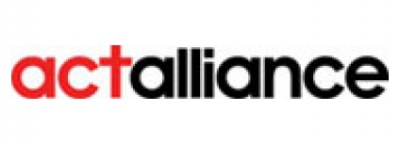
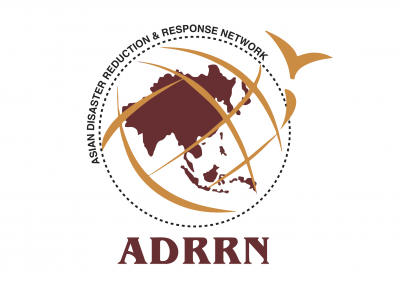
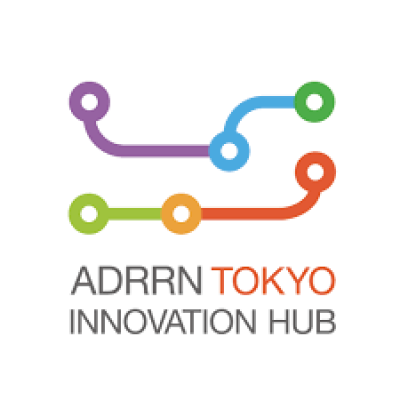




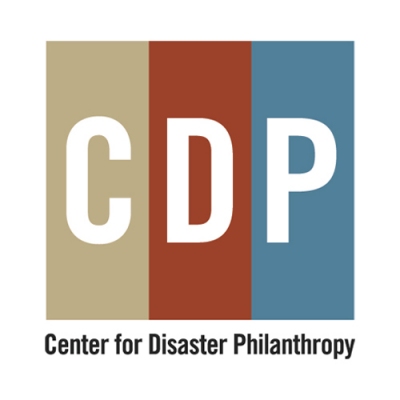
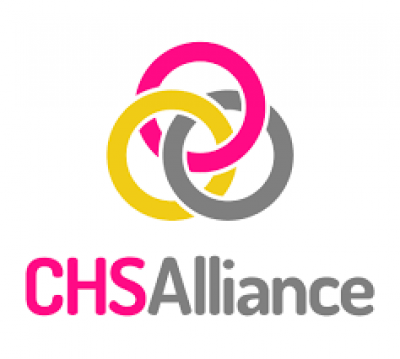


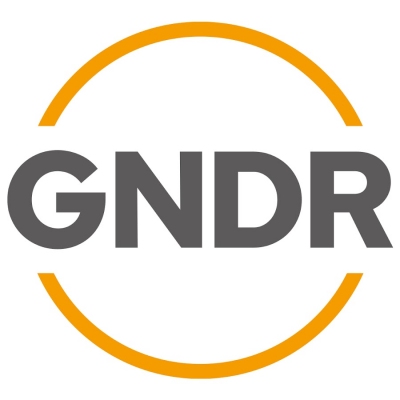
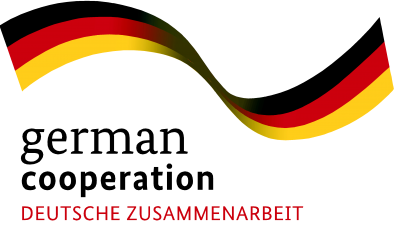
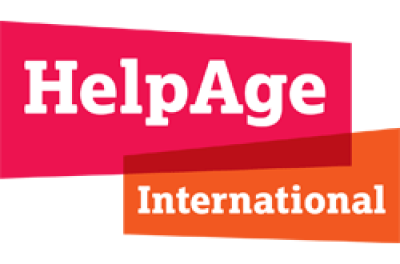






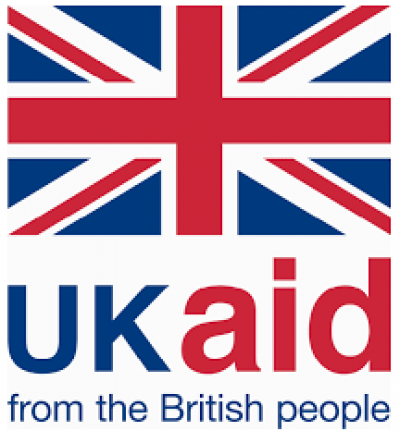

Social Media
@yakkumemergency
yakkumemergency